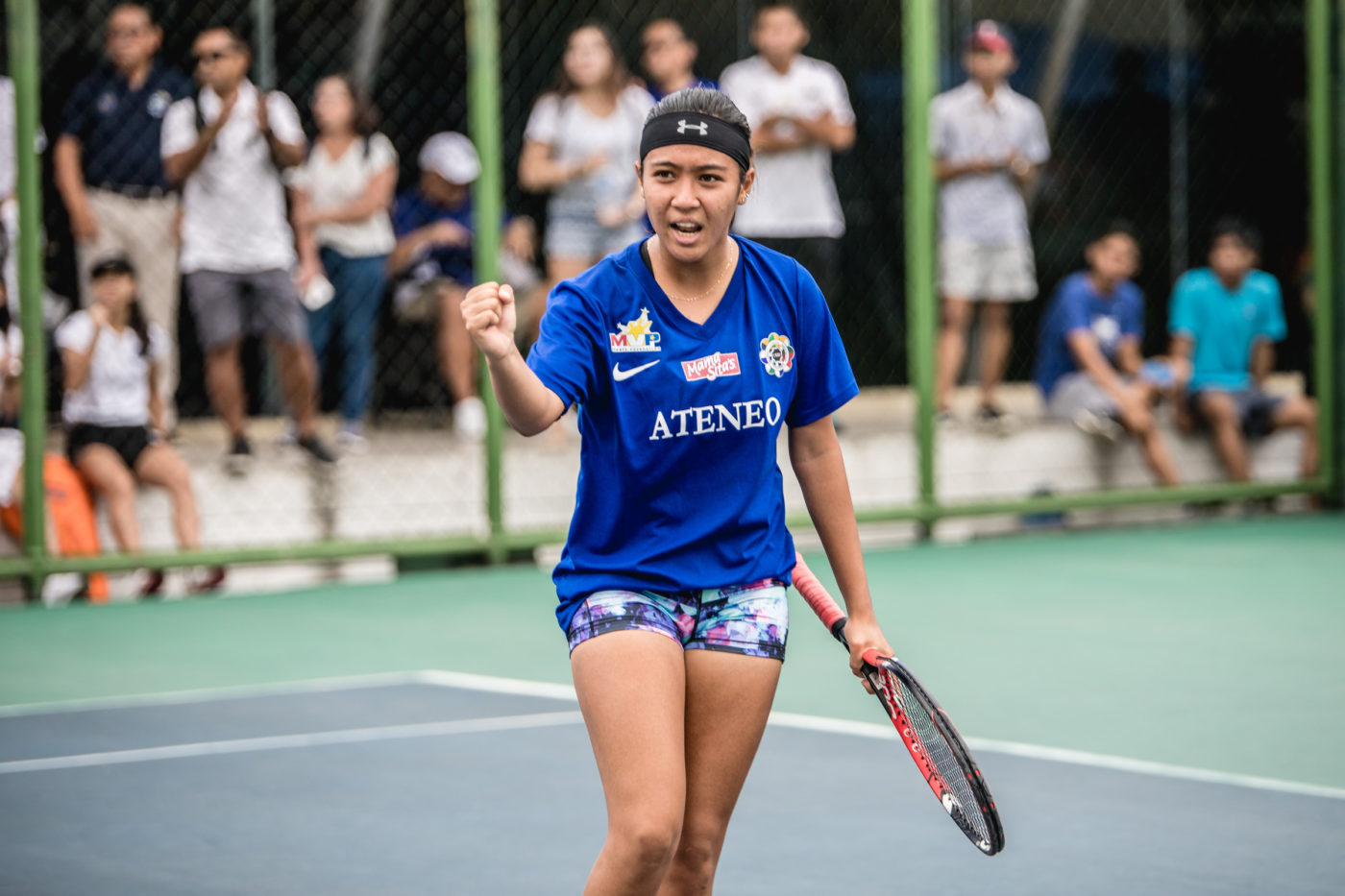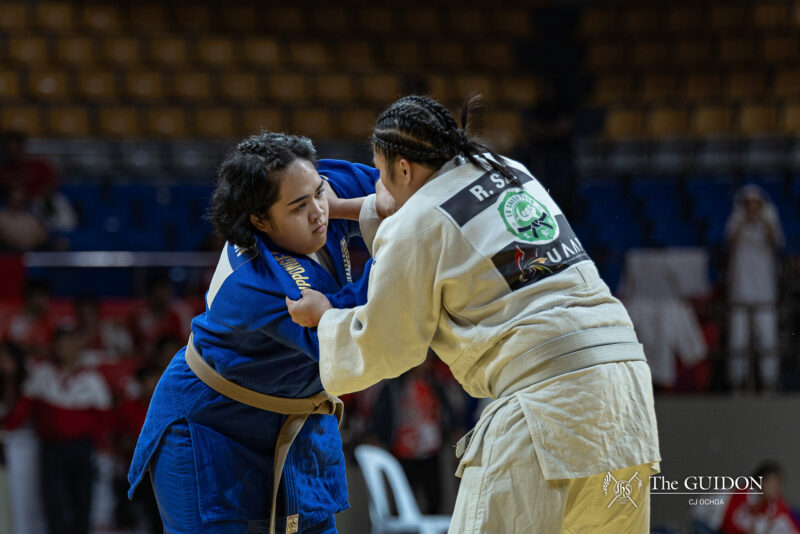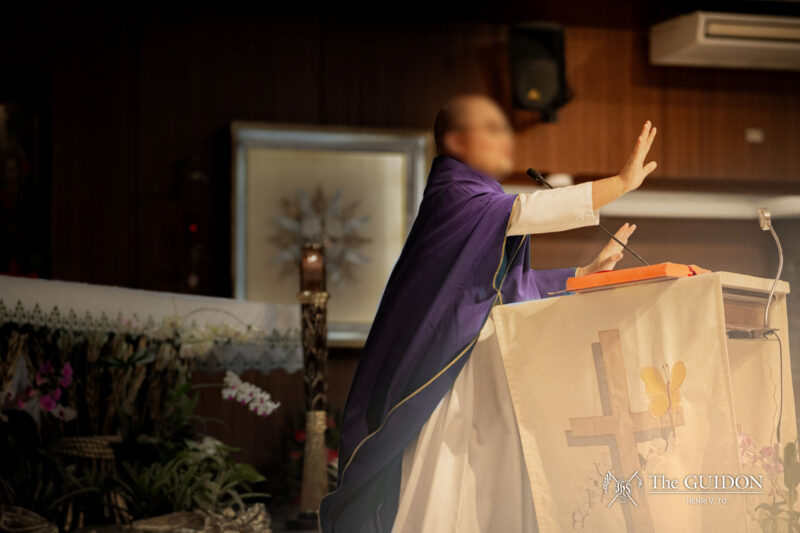THE DEBATE over foreign athletes’ place in Philippine collegiate sports has become controversial in recent years. In 2018, the National Collegiate Athletic Association (NCAA) rocked the local sports scene as they imposed a new rule that banned imports from the league in Season 96. A year later, 1-Pacman party-list representative Mikee Romero followed up the new restrictions by filing a bill that sought to prevent imports from playing in all collegiate leagues in the country.
Ateneo, a school long involved in the procurement of foreign talent, has continued to recruit imports from all over the world. With many people clamoring for more restrictions on imports, the University must now choose a path: Prioritize the inclusion of all qualified student-athletes or revert back to an antiquated time when collegiate leagues were all-Filipino.
Talent breeds equality
In recent years, the dominance of foreign athletes in the University Athletic Association of the Philippines (UAAP) has not gone unnoticed. As seen in the UAAP Men’s Basketball Tournament, imports have taken the last four Most Valuable Player awards since Season 79.
With imports dominating the collegiate basketball scene, the NCAA and Romero brought forward cases against the participation of these athletes. One point of contention is the supposed detrimental effect of imports in the development of local players, particularly among those playing the center position in Men’s Basketball. UAAP legend Louie Alas says that as imports hoard the majority of the minutes, local big men are given less opportunities to showcase their talents in the collegiate leagues. This is an example of why certain individuals like Romero push for more limitations that largely center around providing an equal playing field for local athletes.
Despite all the arguments raised against imports, the contributions they bring to the table cannot be denied. For one, these top-notch foreign student-athletes give local players a chance to compete against the best talents from around the world, inevitably improving the level of play of local collegiate leagues. A testament to this is Atenean star Thirdy Ravena who developed his game by competing against foreign talents like De La Salle University’s Ben Mbala and University of the Philippines’ Bright Akhuetie. “[Foreign athletes] definitely played such a big part in my career and my development as a player,” stated Ravena.
Regarding the issue of stunted development for local big men, the claim also holds no truth. Isaac Go serves as the primary example to refute this, as he still played a key role in Ateneo despite the presence of Angelo Kouame. In the end, he was ultimately drafted first overall in the 2019 Philippine Basketball Association draft.
Considering that Ateneo admits students from all over the country, there is no doubt that local talents beyond Metro Manila have the capability to be as talented, if not more, than their foreign counterparts. Thus, preventing locals from playing top-notch international talents because of these weak arguments seems to be a sure-fire way to plateau the further development of local talent.
If Philippine collegiate leagues truly want to foster equality of play, the answer lies in engaging universities to invest more into local scouting, recruitment, and development, as the arena is no longer limited to Filipinos alone. This is done by allowing locals to develop alongside foreigners—more of an exchange of knowledge than a domination of one over the other.
Authentic Atenean excellence
Many critics opposed to foreign athletes have argued that they are no more than mercenaries playing for a paycheck at the collegiate level. Along with their supposed high allowances comes the view that imports are taking away valuable scholarships from local talents. This has led to the belief that imports are automatically granted scholarships by universities as part of the bid to secure their commitment.
This issue of supposed partiality towards imports was addressed by University Athletics Office Director Em Fernandez. He revealed that the University gives no consideration to nationality and ethnicity when recruiting its student-athletes. “Kukunin ba natin si Ange [Kouame] kung may mas magaling na Filipino? Siyempre, kukunin mo yung mas magaling na Filipino, hindi ba? (Would we recruit Angelo Kouame if there was a more talented Filipino? Of course, we would get the more talented Filipino. At the end of the day, we get the best possible student-athlete. It’s not about the nationality),” Fernandez stated.
Claims suggesting that foreign student-athletes bring a hefty price for their commitment have also been refuted by Fernandez—at least in Ateneo’s context. With the interconnected world we live in today, Fernandez explained that additional expenses concerning transit and logistics are unnecessary, as the University and the student-athlete may iron out negotiations through online platforms instead of physical meetings.
Furthermore, at least in Ateneo’s case, accusations of imports serving as “mercenaries” hold no ground—for they are not automatically assured of a scholarship, nor are they exempt from the University’s rigorous admission processes. For foreigners to be admitted to the University, they must present a record of good performance on the Scholastic Assessment Test (SAT). “The process, at the end of the day, you just have to apply to Ateneo. You don’t even have to take the ACET (Ateneo College Entrance Test), kasi (because) they [foreign applicants] can use the SATs,” shared Fernandez.
Ensuring continued greatness
As Ateneo continues to be a beacon for athletic excellence, procuring the top brass of student-athlete recruits is the best way to do it. Within the walls of Ateneo, excellence, talent, and hardwork are the only considerations that should be in place; all other arguments against allowing imports to play hold no ground.
To suggest that certain student-athletes do not belong in the Ateneo or the UAAP solely because of where they come from is to suffocate growth and will ultimately lead to the stagnation of Philippine sports. Because of this, Ateneo and the UAAP now have a duty to itself, the fans, the athletes, and to collegiate sports as a whole: To continue securing the best possible talent out there, regardless of nationality. To do this is to ensure the continued development of Philippine sports.







